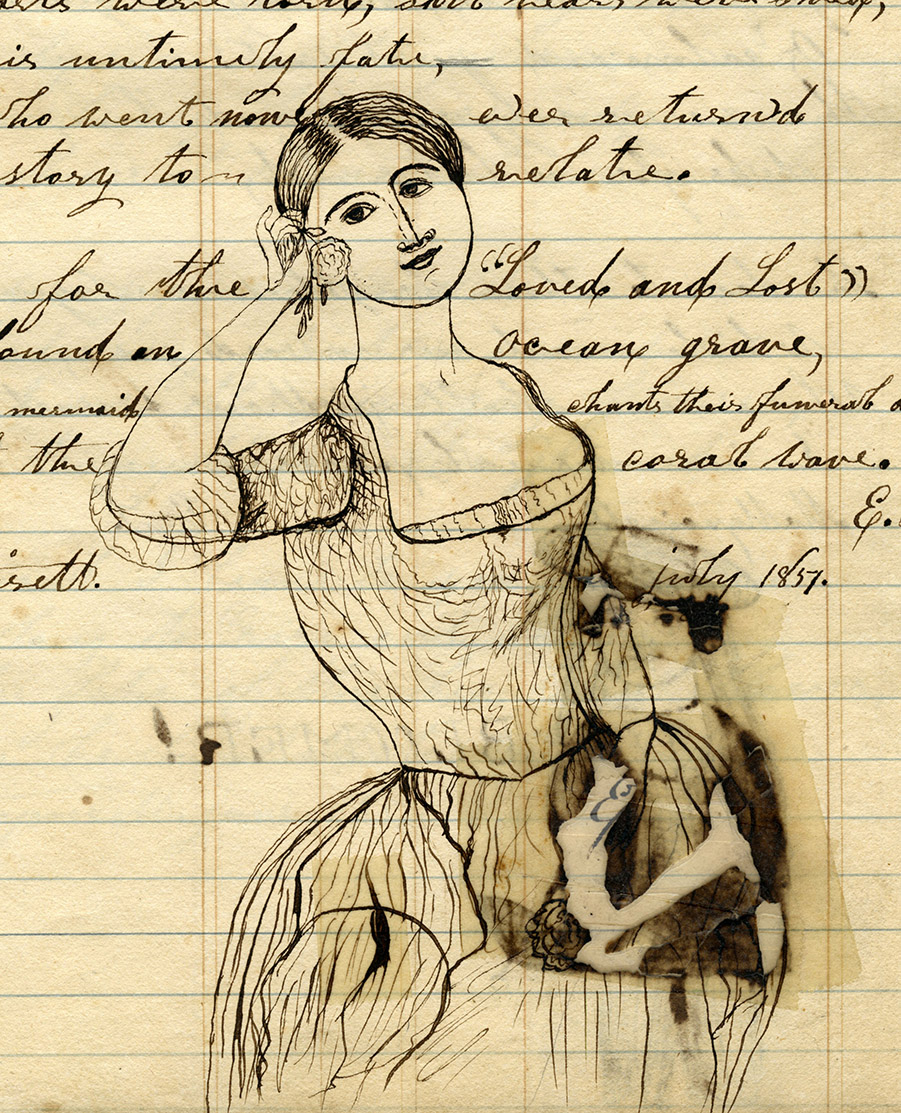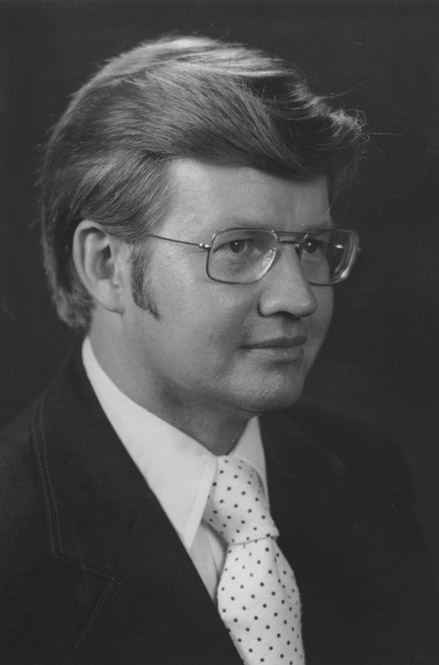Nelson Smith Account book
Born in Williamstown, Massachusetts, in about 1810, Nelson Smith was about thirty when he married Sallena Burnett of Granby. When Burnett’s father Bela died in 1846, Smith inherited the family farm of 125 acres, now situated on Burnett Street, where he and Sallena raised a family of at least six children. Nelson died in 1892 at the age of 81.
This slender book of accounts includes records of Smith’s financial transactions at a time in the 1830s when he was living in South Hadley, Mass. These include entries for rent, records of hiring out for work at a dairying, at Josiah W. Goodman’s brickyard (at a salary of $32 per month), or for unspecified labor. Other entries record the sale of tallow, cider, cordwood, rye, turnips, and other commodities.



